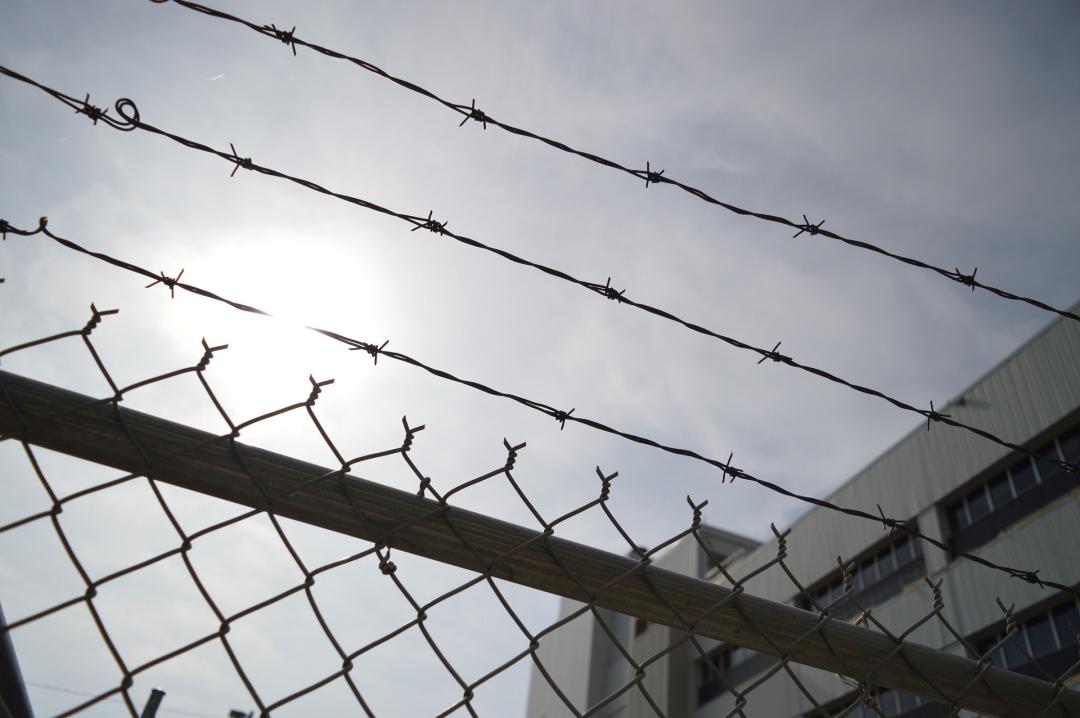
South Caucasus countries in Council of Europe imprisonment statistics

On 7 April, the Council of Europe (CoE) published their survey on imprisonment in their member states.
According to the survey, the number of inmates per 100,000 inhabitants- remained stable in Europe from 2018 to 2019. On 31 January 2019, there were 1,540,484 inmates in the 50 prison administrations (out of 52) of the Council of Europe member states for which these data are available. This means that the overall imprisonment rate, an indicator mainly determined by the length of prison sentences, was 106 inmates per 100,000 inhabitants. In the 45 prison administrations that provided data for both 2018 and 2019 the global incarceration remained stable, with a very slight increase from 104 to 104.5 inmates per 100,000 inhabitants.
The countries with the highest incarceration rates were Russia (386 inmates per 100,000 inhabitants), Turkey (329), Georgia (270), Lithuania (232), Azerbaijan (218) and Czech Republic (203). The lowest incarceration rates were found in the prison administrations of Iceland (40), Finland (50), Netherlands (56), Sweden (60), Norway (61), Bosnia and Herzegovina (Republika Srpska) (66), Slovenia (67), Denmark (69), Armenia (76) and Germany (77).
The prison administrations where the incarceration rate grew the most were Turkey (+13%), Cyprus (+11%), Denmark (+9%), Bulgaria (+8%), Georgia (+7%), UK (Scotland) (+7%), Greece (+6%) and Sweden (+6%). There were major reductions in the incarceration rates in Armenia (-36%) and North Macedonia (-29%), followed by Iceland (-14%), Bosnia and Herzegovina (Republika Srpska) (-11%), Romania (-10%), Republic of Moldova (-8%), Russia (-8%), Azerbaijan (-7%), Norway (-7%), Latvia (-6%) and Estonia (-5%).
The survey showed that the length of imprisonment in Europe fell from 8.2 months in 2017 to 7.7 months in 2018, which represents a 5.4% decrease. Countries with the longest average term of imprisonment were: Azerbaijan (37 months), Portugal (32), Republic of Moldova (26), Czech Republic (24), Romania (23), Spain (21), Estonia (16) and Italy (15).
From 2018 to 2019 the proportion of prisoners serving sentences for drug-related offences grew by 5.3% in Europe. Close one out of every five inmates in Europe were in prison for this type of offences (18%). However, in some prison administrations more than one quarter of all inmates had been convicted for drug-related offences: Latvia (47%), Iceland (34%), Italy (32%), Albania (32%), Azerbaijan (28%), Russia (28%), Cyprus (28%) and Estonia (27%). With regard to other type of offences, overall the proportion of inmates serving prison sentences for theft decreased significantly (-17.6%), whereas there was an increase in the percentage of inmates convicted for sexual offences.
Amid the Covid-19 pandemic, the CoE called on all member states to safeguard the rights and health of all persons in prison during this period. Governments were told to ensure that during the COVID-19 pandemic the human rights of all those who remain in detention are upheld while taking the specific needs of the most vulnerable detainees, persons with disabilities, pregnant women and juvenile detainees into account. Any restrictions imposed on detainees should be non-discriminatory, necessary, proportionate, time-limited and transparent. It also said member states should urgently adopt and implement a humane and comprehensive crisis plan supported by adequate human and financial resources, and which caters to the needs of those who leave prisons, those who remain in detention and prison staff. This should be done in consultation and cooperation with relevant human rights stakeholders, in particular National Preventive Mechanisms, other independent monitoring bodies, national human rights structures and human rights NGOs.
See Also


Kobakhidze Meets US Senator Daines to Discuss Bilateral Relations

Georgian Speaker Condemns Embassy Travel Warnings as Economic Attack

Political Crisis Deepens Between Armenian Government and Apostolic Church After Pashinyan’s Remarks

Ramzan Kadyrov Awards Title to Ingush Businessman

